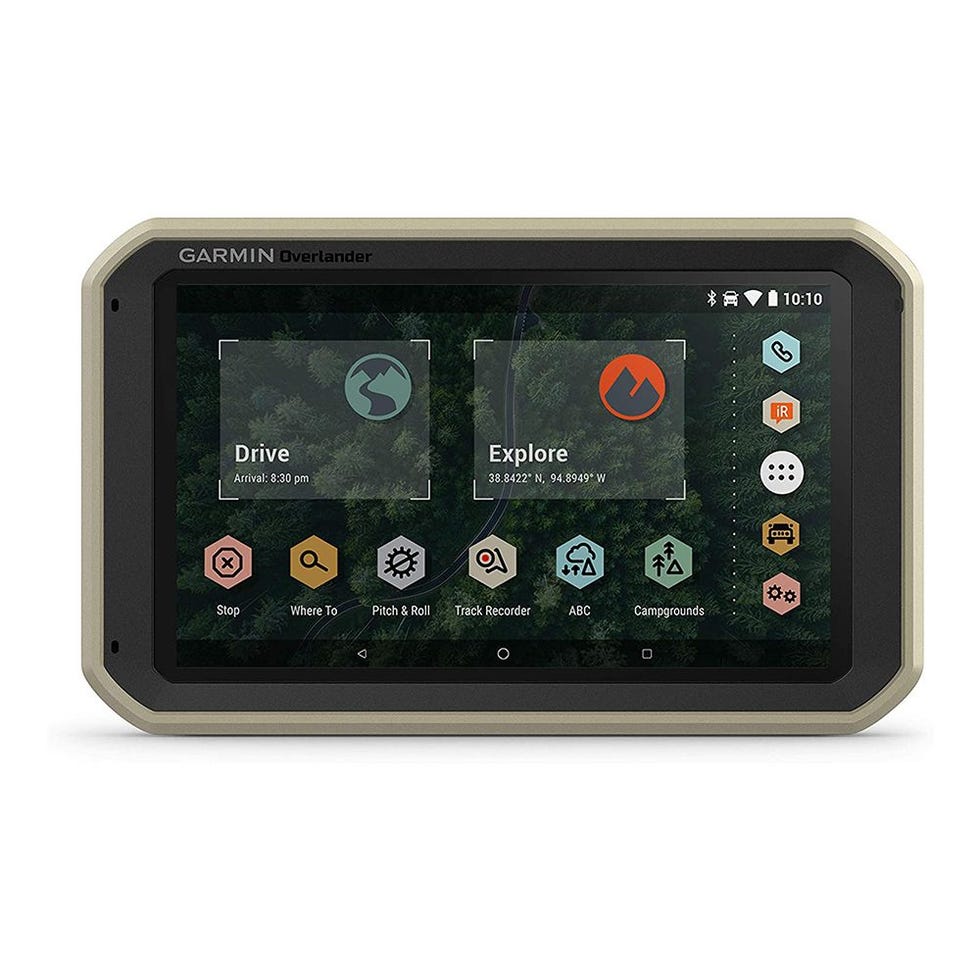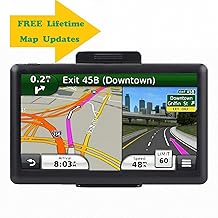GPS trackers. The tiny devices promising peace of mind, increased efficiency, and even enhanced security. But before you stick one on a vehicle, a loved one’s phone, or even a pet’s collar, it’s crucial to understand the legal implications. This isn’t just about privacy; it’s about potentially serious legal ramifications if you cross the line. This comprehensive guide breaks down the legal landscape of GPS tracking, helping you navigate the complexities and ensure you stay on the right side of the law.
The Fourth Amendment and Reasonable Expectation of Privacy

The cornerstone of GPS tracking legality in the United States is the Fourth Amendment to the Constitution, which protects against unreasonable searches and seizures. This means the government (and, increasingly, private citizens) can’t simply track your movements without a valid reason. The key concept here is “reasonable expectation of privacy.” Where do you have it, and where don’t you?
Historically, the courts have viewed your home as a place with a high expectation of privacy. Tracking someone inside their home without a warrant would almost certainly be illegal. On the other hand, your movements in public are less protected. However, the line blurs considerably when long-term, continuous tracking is involved.
Government Surveillance vs. Private Citizen Tracking

The legal standards differ significantly between government agencies and private individuals using GPS trackers. Law enforcement needs a warrant (with probable cause) for most GPS tracking, particularly for extended monitoring. They must demonstrate a valid reason to believe a crime has been, is being, or will be committed. Exceptions exist in exigent circumstances (like imminent danger), but these are narrowly defined.
For private citizens, the legal landscape is more nuanced and varies by state. While there’s no federal law specifically prohibiting private GPS tracking, several states have enacted laws addressing this. These laws often focus on issues like consent, the relationship between the tracker and the tracked individual, and the purpose of the tracking.
Consent: The Golden Rule
In most jurisdictions, obtaining informed consent is the most straightforward way to legally use a GPS tracker. This means the person being tracked must know they’re being tracked and consent to it. A simple verbal agreement isn’t sufficient; it’s best to have written consent clearly outlining the purpose, duration, and scope of the tracking.
Consider this scenario: Tracking an employee’s company vehicle is generally permissible with a clear company policy and the employee’s acknowledgment of that policy. However, tracking an employee’s personal vehicle after work hours without their consent could easily cross the line into illegal activity.
Specific Situations and Legal Considerations
Let’s delve into some common scenarios and explore the legal implications:
Tracking a Spouse or Partner
Tracking a spouse or partner without their knowledge or consent is a serious issue, potentially leading to criminal charges, civil lawsuits, and restraining orders, depending on the circumstances and the state. It’s crucial to remember that a marriage does not automatically grant permission for this type of surveillance.
Tracking Children

Parental concerns for children’s safety are understandable. While GPS trackers can offer a sense of security, it’s vital to act responsibly. Open communication with older children about tracking is recommended. For minors, a balance between safety and privacy should be carefully considered. Legal counsel may be advised, depending on the child’s age and specific circumstances.
Tracking Vehicles
Tracking a vehicle you own presents fewer legal hurdles than tracking someone else’s. However, even in this case, the purpose of tracking should be legitimate. Using a tracker to monitor an employee’s company vehicle is usually acceptable with a clear company policy and consent, but using it to spy on a neighbor is a different matter entirely.
Tracking Employees

Employers often track employee vehicles for legitimate business reasons, such as optimizing routes or ensuring safety. However, it’s vital to have a clear and transparent policy communicated to employees, and the tracking should be limited to work-related activities. Tracking an employee’s personal vehicle without consent outside of work hours is typically illegal.
State Laws and Legal Advice
It’s vital to remember that state laws regarding GPS tracking vary significantly. What might be legal in one state could be illegal in another. Therefore, understanding the specific laws in your jurisdiction is crucial. Always consult with a legal professional for guidance before implementing any GPS tracking solution.
The information provided here is for educational purposes only and does not constitute legal advice. Before using a GPS tracker, it’s strongly recommended to seek legal advice to ensure compliance with all applicable laws and regulations.




